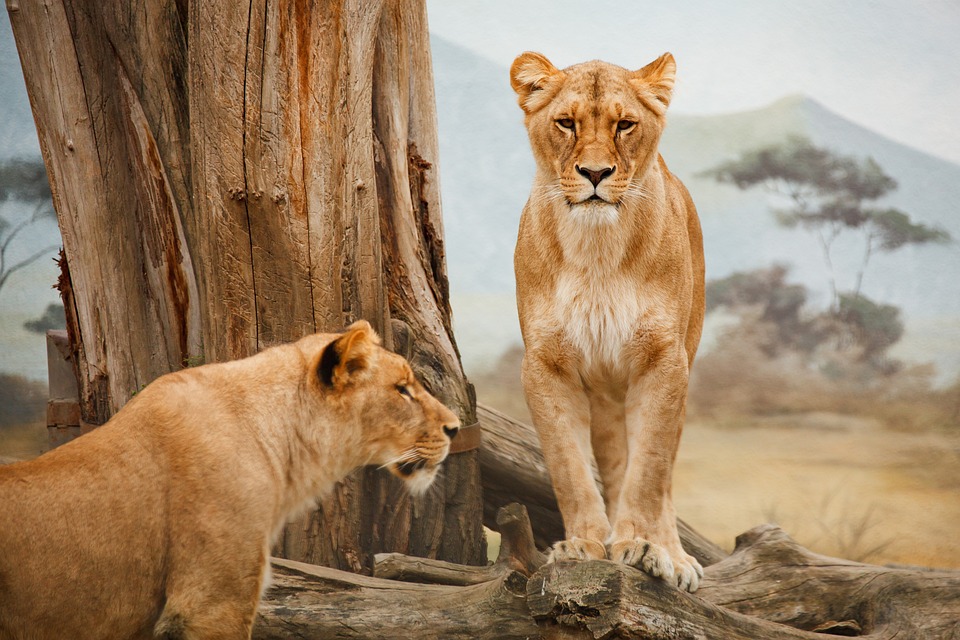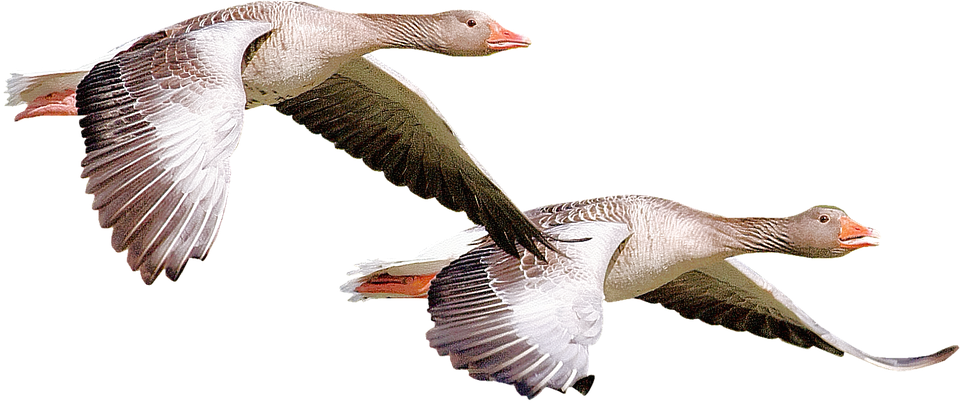Große Pflanzenfresser gestalten Landschaften, sagt der Biologe Johannes Kamp. Er wünscht sich mehr Gelassenheit im Umgang mit wilden Tieren.
In a recent interview with taz, Johannes Kamp, a conservation biologist at the University of Göttingen, discussed the importance of large herbivores in shaping ecosystems. He highlighted the role of wild horses, such as the Przewalski’s horse, in maintaining biodiversity and preventing wildfires in grasslands.
Kamp explained that large herbivores like wild horses have historically played a crucial role in shaping the landscapes of Eastern Europe and Central Asia. By grazing on grass and other vegetation, these animals help reduce the accumulation of biomass, which can fuel wildfires. In regions like Central Asia, where wildfires are a significant threat, the presence of large herbivores can help mitigate this risk.
Furthermore, Kamp emphasized that wild horses and other large herbivores act as ecosystem engineers, creating diverse habitats for other species. For example, wild horses disturb snow cover in winter, creating feeding opportunities for other animals. They also dig water holes in the summer, benefiting birds and small mammals. The presence of these animals leads to a mosaic of habitats with varying vegetation heights, which supports a wide range of wildlife.
When asked about the decline of large herbivores in Europe and Central Asia, Kamp attributed it to human activities such as hunting and habitat destruction. He noted that only a fraction of the megaherbivore species that existed thousands of years ago still remain today, underscoring the urgent need for conservation efforts to protect these animals.
Regarding the reintroduction of large herbivores in areas where they have disappeared, Kamp acknowledged the challenges of rebuilding populations. Factors such as habitat fragmentation, human infrastructure, and poaching can hinder the recovery of these species. However, he highlighted the value of initiatives like the „Return of the Wild Horses“ project, which aims to reintroduce Przewalski’s horses to their native habitats.
In terms of creating habitats for large herbivores in Germany, Kamp suggested repurposing former military training grounds as potential reintroduction sites. These expansive, undeveloped areas could provide suitable environments for species like bison, elk, and wild horses. He also stressed the importance of engaging with local communities and landowners to ensure successful conservation efforts.
In conclusion, Kamp emphasized the ecological significance of large herbivores in shaping landscapes and maintaining biodiversity. He called for a more nuanced and collaborative approach to wildlife conservation, highlighting the potential benefits of reintroducing these animals to their natural habitats. By working together with local communities and stakeholders, we can create sustainable ecosystems that support a diverse range of species and promote ecological resilience.





